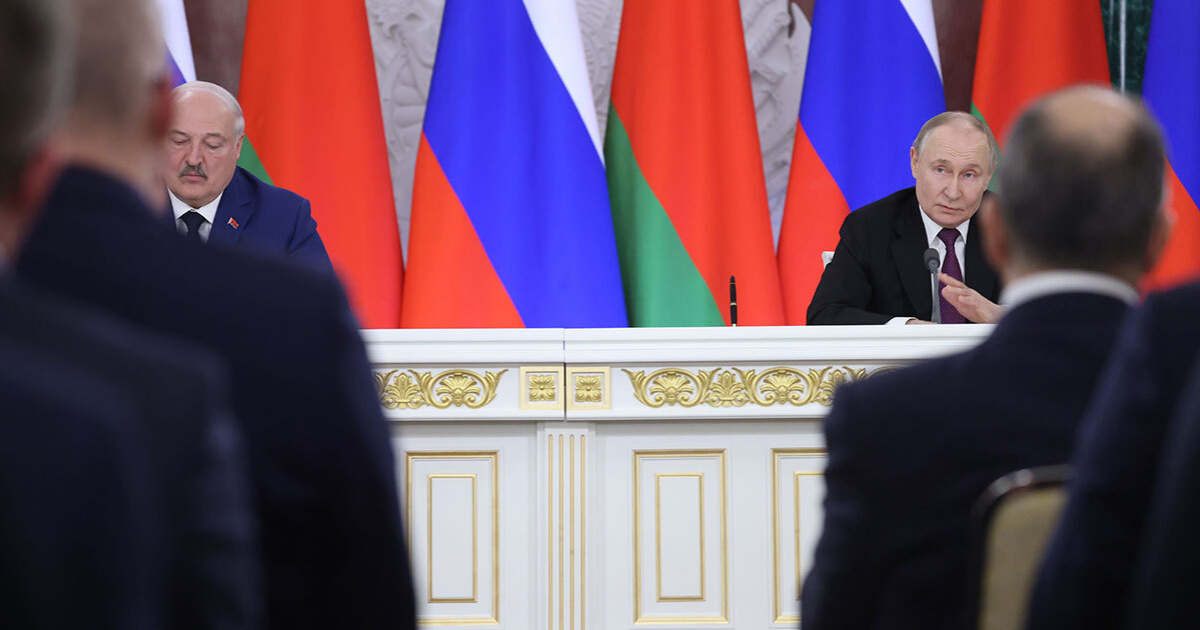The PGOU and SBU have detained the "LNR" militant, son of the "LNR" sponsor and owner of the Luhansk vodka distiller Derzhak. This was reported by Prosecutor General Yuriy Lutsenko on his Facebook.
"Together with the SBU, we detained citizen D. Derzhak, deputy director and son of the owner of the Luha-Nova Luhansk vodka distiller - one of the main sponsors of the LNR terrorists. The man lived in Kyiv with a certificate of "veteran of military operations" against Ukraine!", - Lutsenko noted.
In this case, the Prosecutor General does not exclude the possibility of his release. "…the court may release the separatist under house arrest after yesterday's decision of the Constitutional Court, which, according to N. Savchenko, decided that arrest under the articles on terrorism is not a mandatory measure", - Lutsenko noted.
The Prosecutor's Office of the Kyiv oblast clarified on its Facebook that Derzhak was detained according to Art. 208 of the Criminal Procedure Code of Ukraine. A report on the suspicion of committing criminal offense under Part 1 of Art. 258-5 of the Criminal Code of Ukraine (funding a separate terrorist organization) and petition for the applying a measure of restraint in the form of detention without bailment were prepared. Pre-trial investigation is ongoing.
It was established during the investigation that Derzhak lives in Kyiv from time to time and in the territory of temporarily occupied Luhansk, where he works as deputy director general of one of the companies, which "carries out business activities and regularly pays taxes to the budget of the "LNR", operating in the temporarily occupied territories of Luhansk oblast".
Yesterday, June 25, a search was conducted, during which the "ID card of the LNR soldier" and "certificate of the veteran of hostilities" issued on his name were found and seized.
It is noted that under the Criminal Code of Ukraine, these actions are punishable by imprisonment for a term of five to eight years with deprivation of the right to hold certain positions or engage in certain activities for up to two years and with confiscation of propery.







